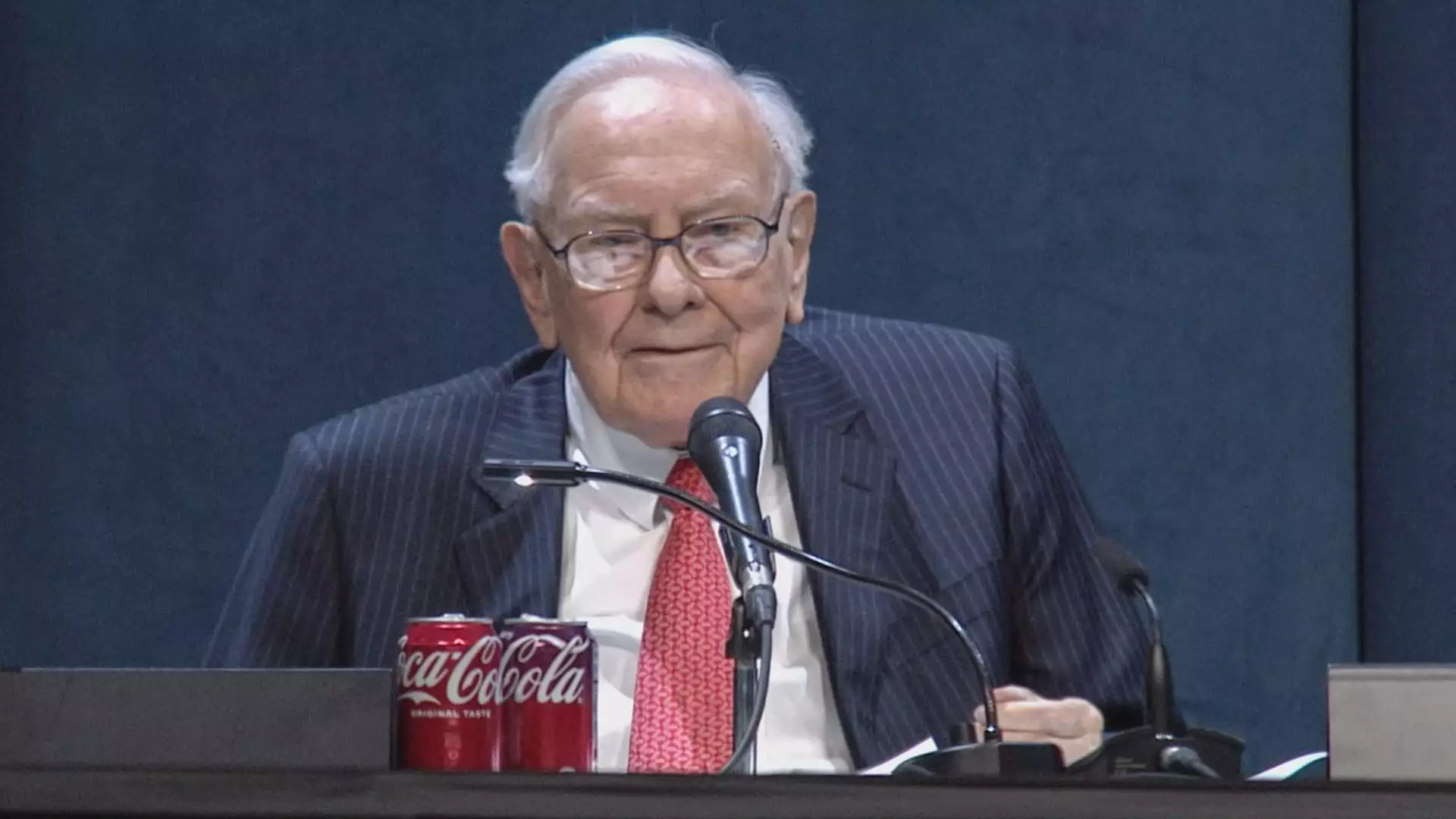Berkshire Hathaway’s recent earnings report reveals more than just numbers; it exposes underlying vulnerabilities threatening its longstanding dominance. Despite claiming a modest 4% decline in operating profits, the real danger lies beneath – an economy increasingly destabilized by geopolitical shocks and misguided trade policies. Warren Buffett’s “value investing” philosophy may have shielded the company for years, but in today’s volatile environment, complacency can be deadly. The dip to $11.16 billion underscores a fragile recovery, with insurance underwriting suffering and other sectors merely compensating with marginal gains. The overarching concern is not just the numbers—they reflect a strategic stagnation that ignores mounting external risks.
The Tariff Trap: Factoring in the Cost of Stupid Politics
Berkshire’s stern warnings about tariffs deliver a clear message: misguided political decisions are now a tangible threat. The relentless escalation of trade tensions, driven by reckless tariffs, introduces an unpredictable environment that hampers global supply chains and tilts the playing field in unpredictable ways. Despite Buffett’s historical aversion to market speculation, his own company now finds itself vulnerable to Washington’s trade antics. The warning about “considerable uncertainty” should serve as a wake-up call—profitability in such an environment is more fragile than ever. It’s no longer just about market cycles; it’s about deliberate policy choices that distort fair competition and threaten Berkshire’s diversified empire.
The Paradox of Cash Hoarding and Defensive Posturing
Buffett’s massive cash reserve, hovering near a record $344 billion, is often portrayed as a prudent buffer—yet it reveals a deeper issue: a hesitance to deploy capital amid turbulent times. While conservative investors applaud liquidity during downturns, Berkshire’s reluctance to reinvest, evidenced by eleven consecutive quarters of net stock sales, signals a strategic paralysis. This “waiting for better days” approach may backfire if the economic landscape continues to deteriorate, leaving Buffett’s empire vulnerable to ongoing adverse shocks. The absence of aggressive share repurchases, even as share prices tumble, reflects a risky lack of confidence that could further erode shareholder value over time.
Strategic Decline and Management Challenges
The recent $3.8 billion writedown at Kraft Heinz signals a deeper malaise—failing to adapt or recognize changing consumer habits has cost Berkshire dearly. While the industry rumors of a spinoff indicate strategic recalibration, it’s also indicative of a company struggling to innovate amid shifting market realities. The resignation of key directors and the impending transition with Greg Abel set the stage but also expose internal uncertainties. Buffett’s leadership years are waning, and his cautious approach may no longer suffice in navigating a complex, unpredictable global landscape. The question is whether Berkshire’s traditional conservative stance remains adequate or if it’s merely delaying an inevitable reckoning.
Looking Ahead: An Empire at a Crossroads
Berkshire Hathaway’s current state is a misleading facade of resilience. Beneath the surface, peril lurks—geopolitical blunders, economic stagnation, and strategic inflexibility threaten to unravel its decades-long dominance. While Buffett’s famous patience has served him well in the past, today’s environment demands agility and foresight. Ignoring the warning signs of a trade war-induced slowdown and the risks posed by a bloated cash reserve could spell disaster. The truth is that the biggest threat to Berkshire not only lies in external shocks but also in internal complacency—a perilous dilemma for one of the world’s most renowned investment fortresses.

